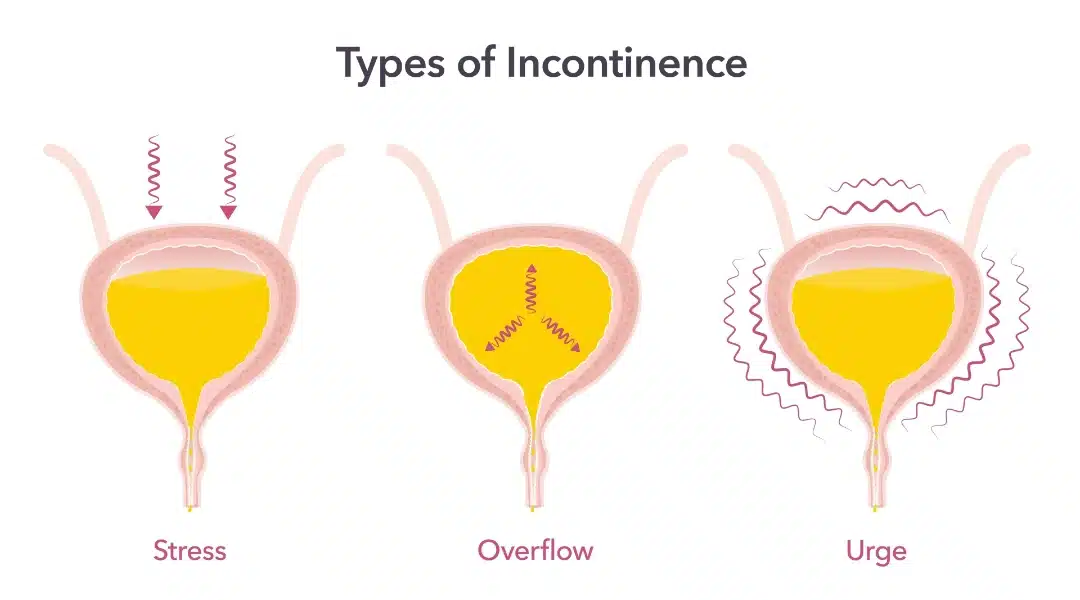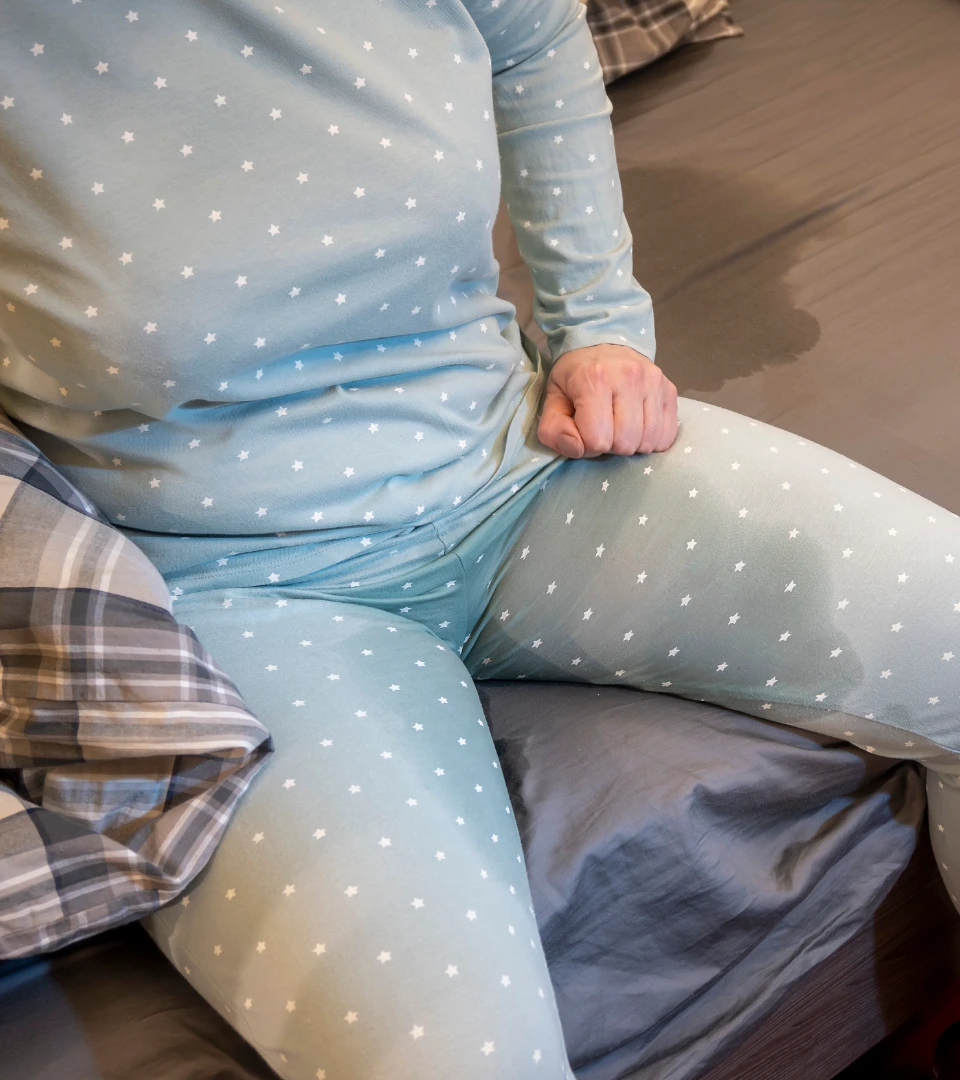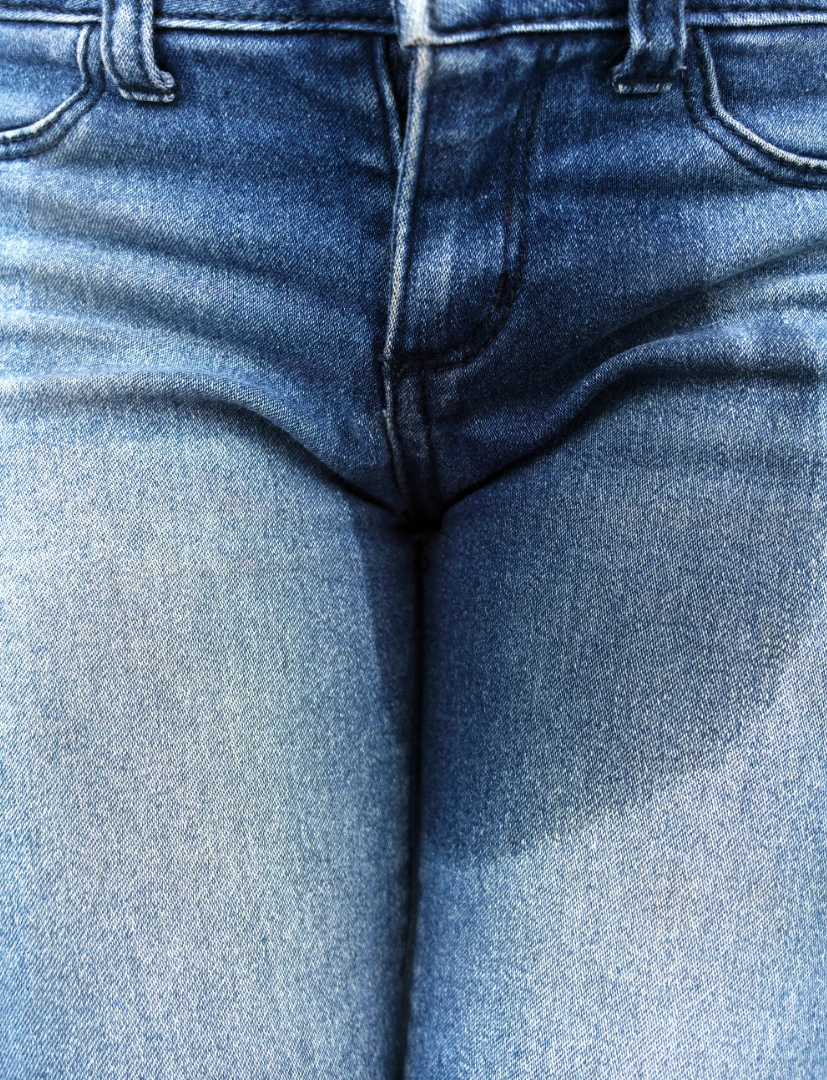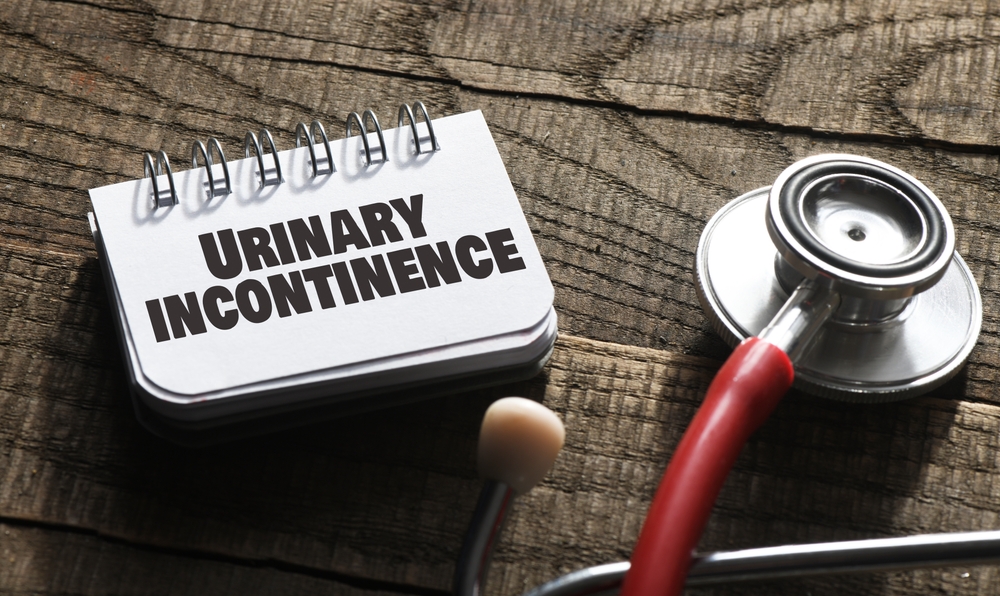
Urinary incontinence is a condition when one involuntarily leaks urine under certain circumstances. This can be a common and persistent issue that affects your daily activities and quality of life. Although there can be instances when this is temporary, such as when you have a urinary tract infection (UTI), urinary incontinence can be a long-term concern for many women.
Several types of urinary incontinence exist and include:

There are many causes of urinary incontinence. Some major causes include:
Other factors that may not cause but can worsen urinary incontinence include:


Urinary incontinence can be associated with other bothersome symptoms, such as:
These can affect one’s ability to function in both their family/work roles and erode one’s self-esteem and ability to engage in intimacy with their partners.
It is essential to consult a urogynaecologist, a specialist who focuses on female urinary issues, to determine the type of urinary incontinence you (may) have, the severity of your condition and the treatment options available. Your medical history will be reviewed in detail, and a pelvic examination will be performed to check for pelvic organ prolapse and/or pelvic floor muscle tone.
Additional assessments such as ultrasound scans of the uterus and ovaries, urine tests, bladder scans to measure post-void residual urine, and possibly a urodynamic study to evaluate bladder function and muscle stability may also be recommended.

Several treatment options are available if you are experiencing urinary incontinence in Singapore. The approach varies depending on the underlying cause and severity of your condition.
Some of the common treatment options include:





Aster Gynaecology © | All Rights Reserved.